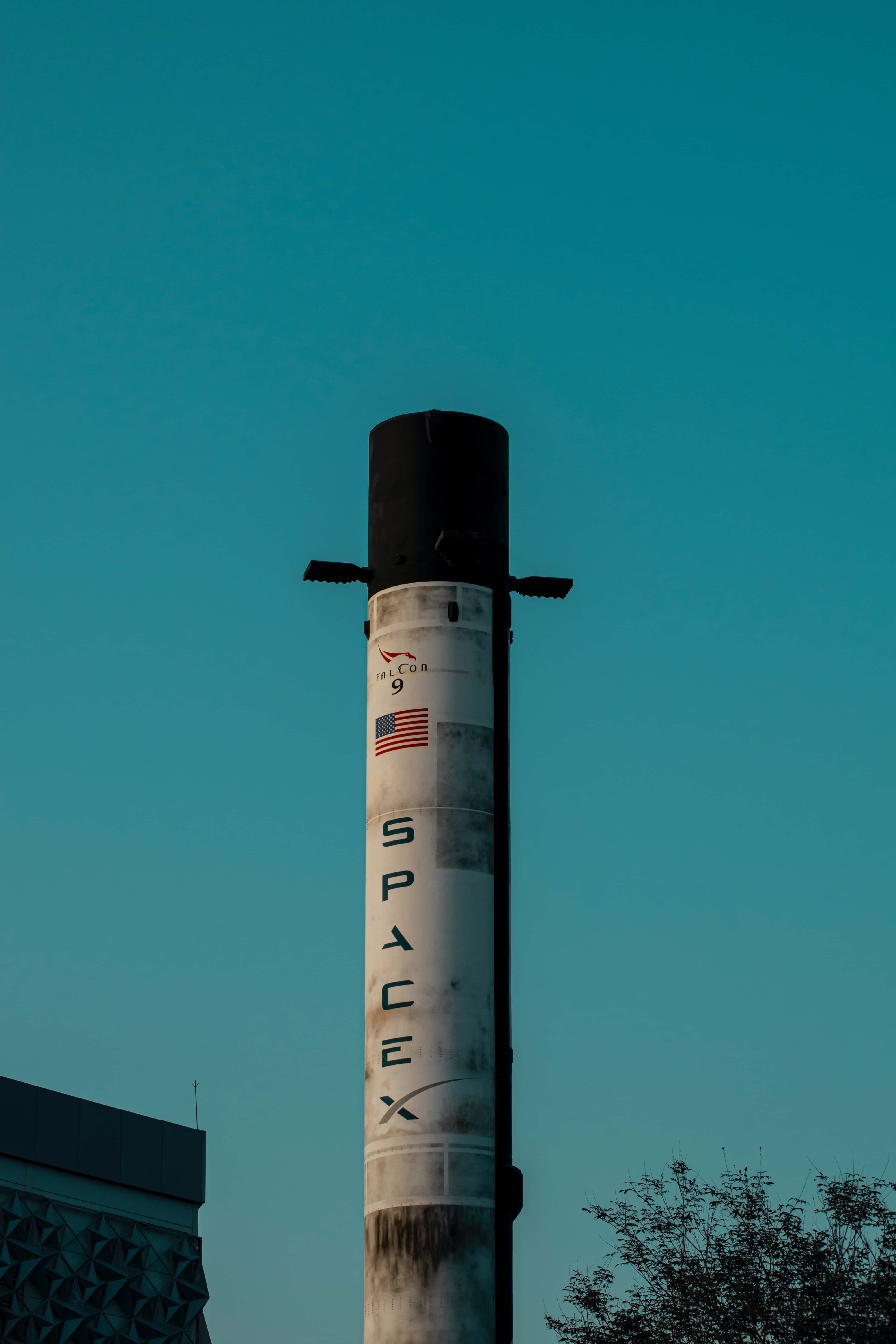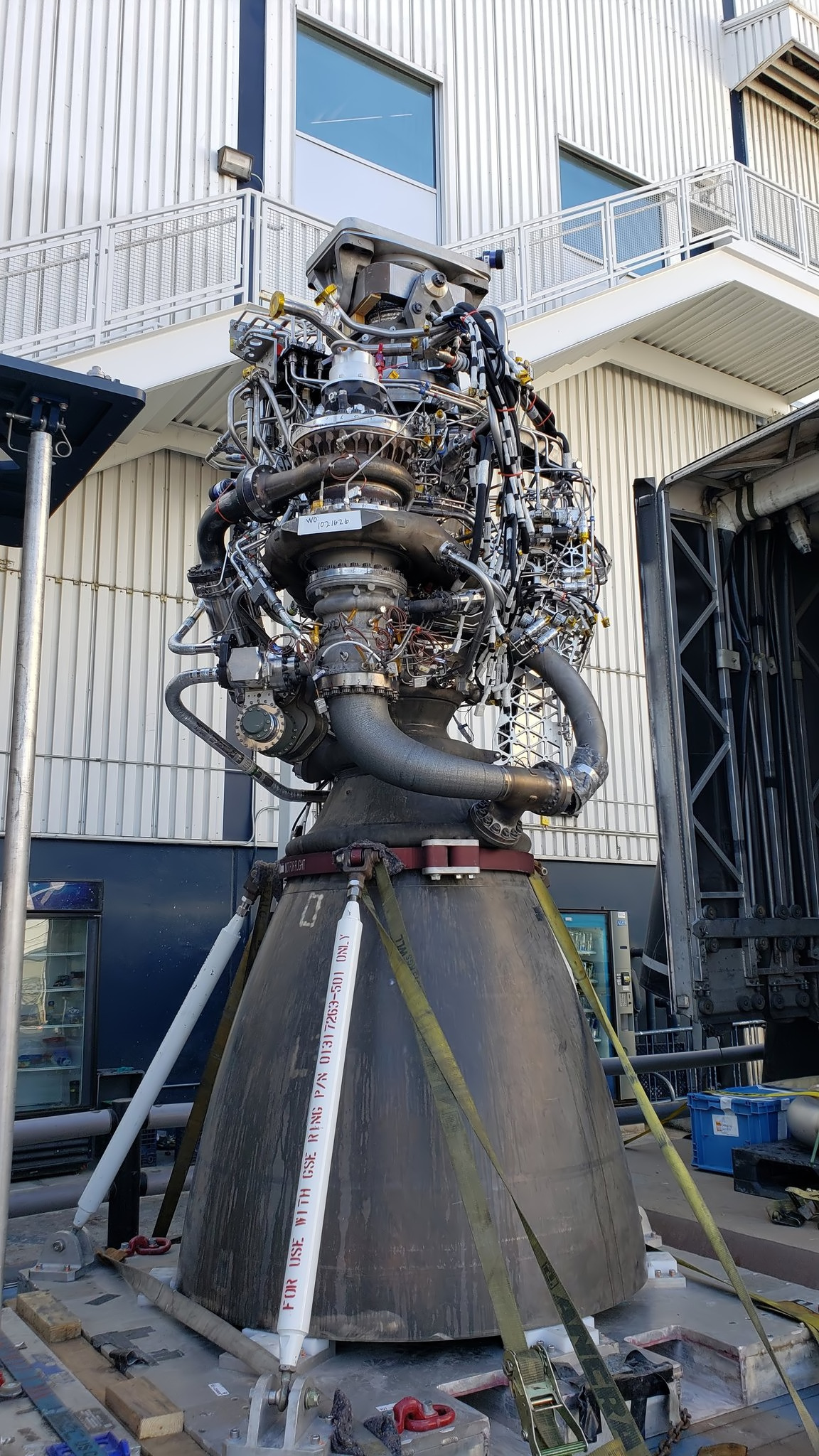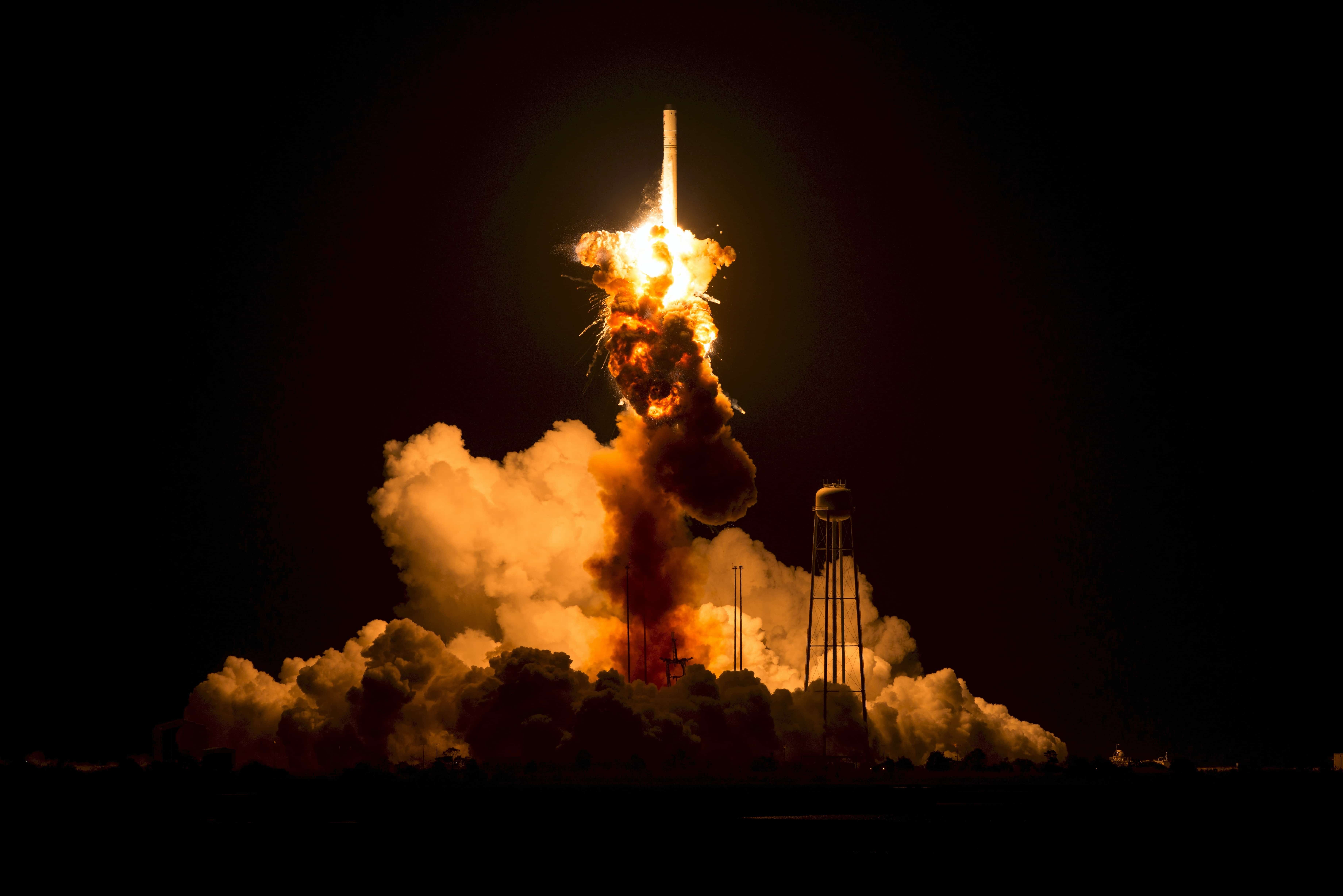What is Rocket Science?
Rocket science is a colloquial term for aerospace engineering. Aerospace engineering is the primary field of engineering concerned with the development of aircraft and spacecraft.

Reuse, reuse, and reuse
SpaceX's Falcon 9 Vehicle is a reusable rocket, albeit partially. After every launch, the rocket's first stage (the part that lifts it off to space) detaches and is autonomously controlled to land by mostly artificial intelligence. The booster B1058 has been launched 14 times and reused at the same number. It is still used up to now.

En-raptor-izing Heights
SpaceX's new Raptor Engine is a full-flow rocket engine to be used for their next-generation Starship vehicle. This means that its efficiency is uncapped because of the fact that none of the fuel is wasted and is used all through out the combustion cycle. The Raptor Engine is also the world's very first fully working full-flow staged-combustion engine.

Why are there no fission-driven rocket engines yet?
Although nuclear rockets are expectedly better than combustion engines, things literally become heated when the term nuclear is mentioned. One of the many factors include the massive dissatisfaction of the general public themselves to anything nuclear which was why nuclear-fission driven rocket engines never really took off.